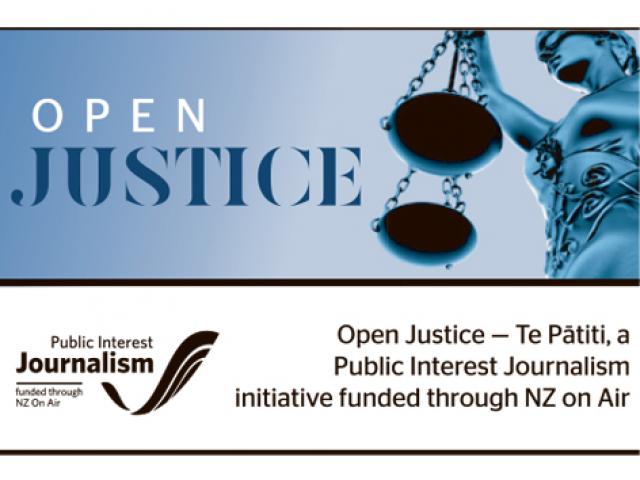
That same judge also suggested the woman accompany her ex-husband and their children, aged 10, 8 and 6, to receive their vaccines as an indication of support for the order.
“My expectation is that the mother will support this decision and explain to the children that a judge has made the decision and that she will not undermine this decision in any way,” Judge Robyn von Keisenberg said in her recently released ruling from the Family Court.
In New Zealand, the vaccine schedule spans 18 different vaccinations before a child is 12 years old and includes immunisation against polio, hepatitis B, influenza, meningococcal B, measles, mumps, rubella and chickenpox.
They are not compulsory but heavily encouraged with data showing about 80 per cent of 5-year-olds have been fully immunised in the past year.
A recently released Family Court judgment outlines how two parents who had been separated for three years disagreed about whether their children should receive the full schedule of vaccinations.
Their father, whose name was redacted from the decision, sought a court order that his children be vaccinated while their mother said that while they were married they’d agreed to take a natural approach instead.

Her position was all diseases against which children in New Zealand can be immunised are treatable and that her children had contracted whooping cough and chickenpox and recovered without issue.
The three children were represented by their own lawyer, Lisa Grey, with the eldest boy telling her in regards to the Covid-19 vaccine that he understood his mother didn’t want him to have it, while his father did. When asked if he knew why he said, “sort of but I don’t really want to talk about it”.
“I don’t want it because I am scared that it will hurt,” the middle child, given the pseudonym Lucy, told the court. The youngest said he also understood his parents had different views on whether the vaccine was good for him or not.
Grey said, in her view, that if the children were opposed to receiving the Covid vaccine then they would likewise be opposed to receiving other vaccinations.
The only expert witness to be called was the children’s general practitioner who said Mason’s adverse reactions to his first few vaccines didn’t persist and the link between the measles, mumps and rubella vaccine and autism had been disproved. Regardless, he said Mason hadn’t received that specific vaccine yet.
Judge von Keisenberg presided over the case this year and said, in her view, the children were well aware of their parents’ views on vaccinations.
“It tells me this is yet another issue that these parents have embroiled their children in. The parents were separated approximately three years ago and since that time they have amassed a significant body of litigation about their children,” she said.
“I think that is very sad.”
Judge von Keisenberg said while the mother had provided multiple affidavits from alternative viewpoints, she could not consider them expert evidence as there was no background about the writers.
She took particular aim at the mother’s assertion that many of the diseases vaccinated against in New Zealand are treatable.
“Although this is not strictly a matter for this judgment, I simply comment that I am old enough to have grown up with children who had contracted polio and wore callipers,” she said.
“Notably, there has been an outbreak worldwide of a measles epidemic. In a well-publicised outbreak in Samoa, there were about 83 deaths in 2019, most of whom were babies and small children out of a population of 200,000. The point I make about such diseases as measles or polio is simply that these diseases are not mere trifles as suggested.”
Judge von Keisenberg granted the father’s application to have his children vaccinated and rejected their mother’s wishes for a series of homeopathic treatments pre and post-immunisation that involved having them eat liver and egg yolks to counteract the supposedly more toxic effects of the vaccines.
Her request for titre testing before and after each vaccine, as well as a check for mitochondria function, was also rejected, with the father saying there was no medical basis for them to be done.
University of Otago bioethicist Janine Winters said Judge von Keisenberg referred to the Gillick competency test in her judgment, which is an assessment of a child’s ability to understand information.
Winters said it was clear in this case the three children were not able to critically analyse the information and make up their own minds about whether they wanted to be vaccinated or not.
“They’re effectively being forced to choose between their parents and it’s a really difficult place to put a child in,” she said.
Winters said taking a child through the court was often more damaging than the consequences of a vaccine, or the disease it was meant to prevent.
“But when you get multiple diseases and multiple children that risk multiplies.”












